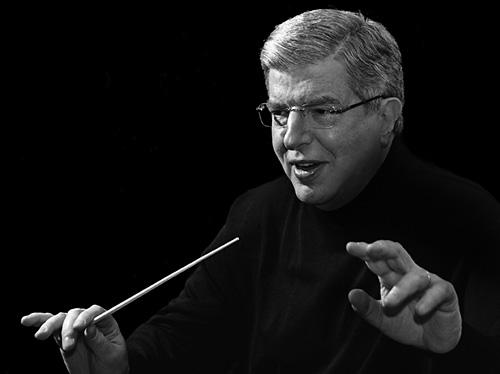

  |
|
|
||||||||||||||||||||||
|
OBITUARY... August 7, 2012 Marvin Hamlisch Dead at 68 Multi-award winner for The Way We Were, A Chorus Line, The Sting and other classics by Jon Burlingame  Shel Secunda Hamlisch was one of only a handful of performers who won the quadruple crown of entertainment honors -- the Oscar, Emmy, Tony and Grammy -- and only the second composer, after Richard Rodgers. In addition, he counted the Golden Globe and the Pulitzer Prize among his honors. Hamlisch, while still writing songs and the occasional film score, was one of the busiest conductors on the orchestra circuit. He was principal pops conductor for six symphony orchestras around the country: Pittsburgh, Milwaukee, Dallas, San Diego, Seattle and Pasadena, Calif. At the time of his death, he was working on a score to a biopic on the life of Liberace directed by Steven Soderbergh; and only days ago his latest musical, The Nutty Professor based on the Jerry Lewis movie, opened in Nashville. Hamlisch is believed to be the only composer to win all three music Oscars in the same year (1973): original score and original song for The Way We Were and best adaptation score for his work adapting Scott Joplin tunes for The Sting. He had nine other Oscar nominations: for the scores of the James Bond film The Spy Who Loved Me (1977) and Sophie's Choice (1982); and for songs including "Nobody Does It Better" from the 007 film, plus tunes for Kotch (1971) Same Time Next Year (1978), Ice Castles (1979), A Chorus Line (1985), Shirley Valentine (1989) and The Mirror Has Two Faces (1996). While Hamlisch was active on the movie front, his heart was in the Broadway theater, where he won both the Tony and the Pulitzer Prize for the score of the groundbreaking A Chorus Line in 1975 (written with lyricist Edward Kleban). He had a later hit with the 1978 They're Playing Our Song, written with then-girlfriend Carole Bayer Sager and inspired by their own relationship. Marvin Hamlisch was born June 2, 1944, in New York, and was something of a piano prodigy, playing at a young age. He graduated from Queens College and the Juilliard School of Music and quickly found work on Broadway, including a stint as rehearsal pianist for Funny Girl. He composed his first film score for The Swimmer in 1968. He continued scoring films, including two early Woody Allen efforts, Take the Money and Run (1969) and Bananas (1971), and five films starring Jack Lemmon including Kotch (1971) and The Prisoner of Second Avenue (1975). It was his song for Barbra Streisand in The Way We Were, and his triple Oscar win -- two for "Way" and one for popularizing Scott Joplin rags in The Sting -- that catapulted him to overnight fame. He became a popular performer on the concert circuit, playing piano and conducting pops orchestras, something he continued to do into the 21st century. He often took requests from the audience and would make up songs on the spot based on wacky titles. One of his four Grammys was for Best New Artist in 1974. The Chorus Line success, however, with its show-stopping, now-standard song "One" solidified his desire to return to the theater, and he penned several other musicals, some of which were critical successes but few of which lasted long (including Jean Seberg and Smile in the 1980s, and Sweet Smell of Success in 2002). His later film scores included Starting Over (1979), Ordinary People (1980), Seems Like Old Times (1980), Three Men and a Baby (1987) and, most recently, the dark comedy The Informant! (2009) for director Soderbergh. Hamlisch occasionally worked in television, composing the themes for series including Beacon Hill (1975) and Brooklyn Bridge (1992), and later such TV-movie and miniseries scores as The Entertainer (1976), A Streetcar Named Desire (1984) and Switched at Birth (1991). He won four Emmys, three of which were for Barbra Streisand television specials, either as songwriter or music director. One of his last major works was a symphonic suite for orchestra, chorus and child soloist titled "Anatomy of Peace," which the Dallas Symphony Orchestra debuted in 1991 and which was later recorded. His autobiography, The Way I Was, was published in 1992. He is survived by his wife of 25 years, Terre. ©2012 Jon Burlingame |
Search
Past Features
|